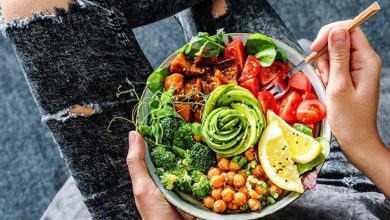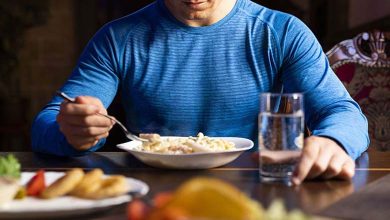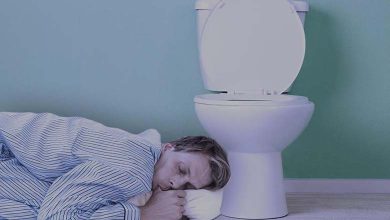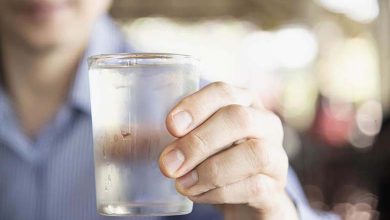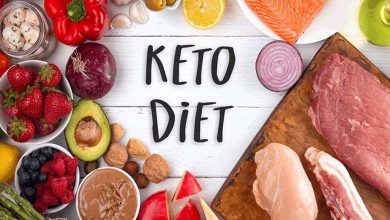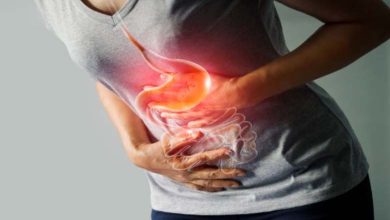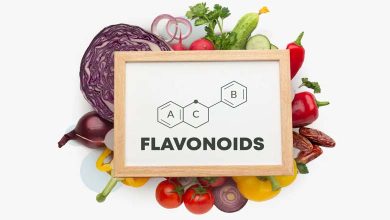Coronavirus Vaccine and Mothers—A Surprise in Breast-Feeding Milk
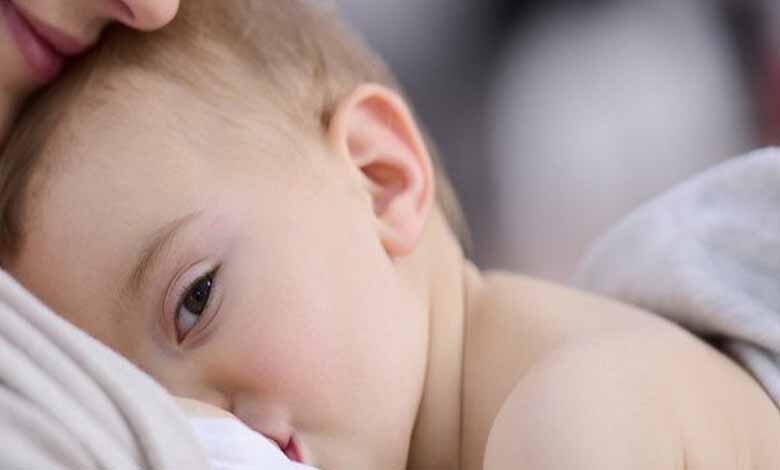
New research has revealed a surprise breast milk in breastfeeding mothers vaccinated against the novel coronavirus (COVID-19).
New research from the University of Florida, published by the journal Breastfeeding Medicine, has shown that breast milk for breastfeeding mothers vaccinated against COVID-19 contains a large quantity of antibodies that may help protect infants from the disease.
Joseph Larkin, lead author and associate professor of microbiology and cell science, says in a report published on the University of Florida’s website: “Our findings show that vaccination leads to a significant increase in COVID-19 antibodies in breast milk, suggesting that vaccinated mothers can pass the COVID-19 virus on to their babies.”
When babies are born, it is difficult for them to fight the infection on their own, and they are also often too young to respond appropriately to certain types of vaccines, and during this vulnerable period, breast milk allows breastfeeding mothers to provide infants with a “passive immunity”.
Joseph Neo, one of the authors involved in the study and a professor of neonatal medicine, says: “Think of mother’s milk as a toolbox full of all the different tools that help prepare the baby for life, and vaccination adds one more tool to the toolbox, one that has the potential to be particularly good at preventing COVID-19, and our study findings strongly suggest that vaccines can help protect both mother and child, another compelling reason to vaccinate pregnant or lactating women.”
This study was conducted between December 2020 and March 2021, when the Pfizer and Moderna vaccines were made available to health professionals.
For the study, the researchers recruited 21 health workers from breast-feeding women who had never been affected by Covid-19 disease, and the research team sampled breast milk three times: before and after the first and after the second dose.
Lauren Stafford, a PhD student at Larkin’s lab, says: “We saw a strong response to antibodies in blood and breast milk after the second dose, a 100-fold increase over pre-vaccination levels.”
Viviane Valcaris, PhD, a resident of the Department of Neonatal Medicine, adds: “These levels are also higher than those observed after normal Coronavirus infection.”



